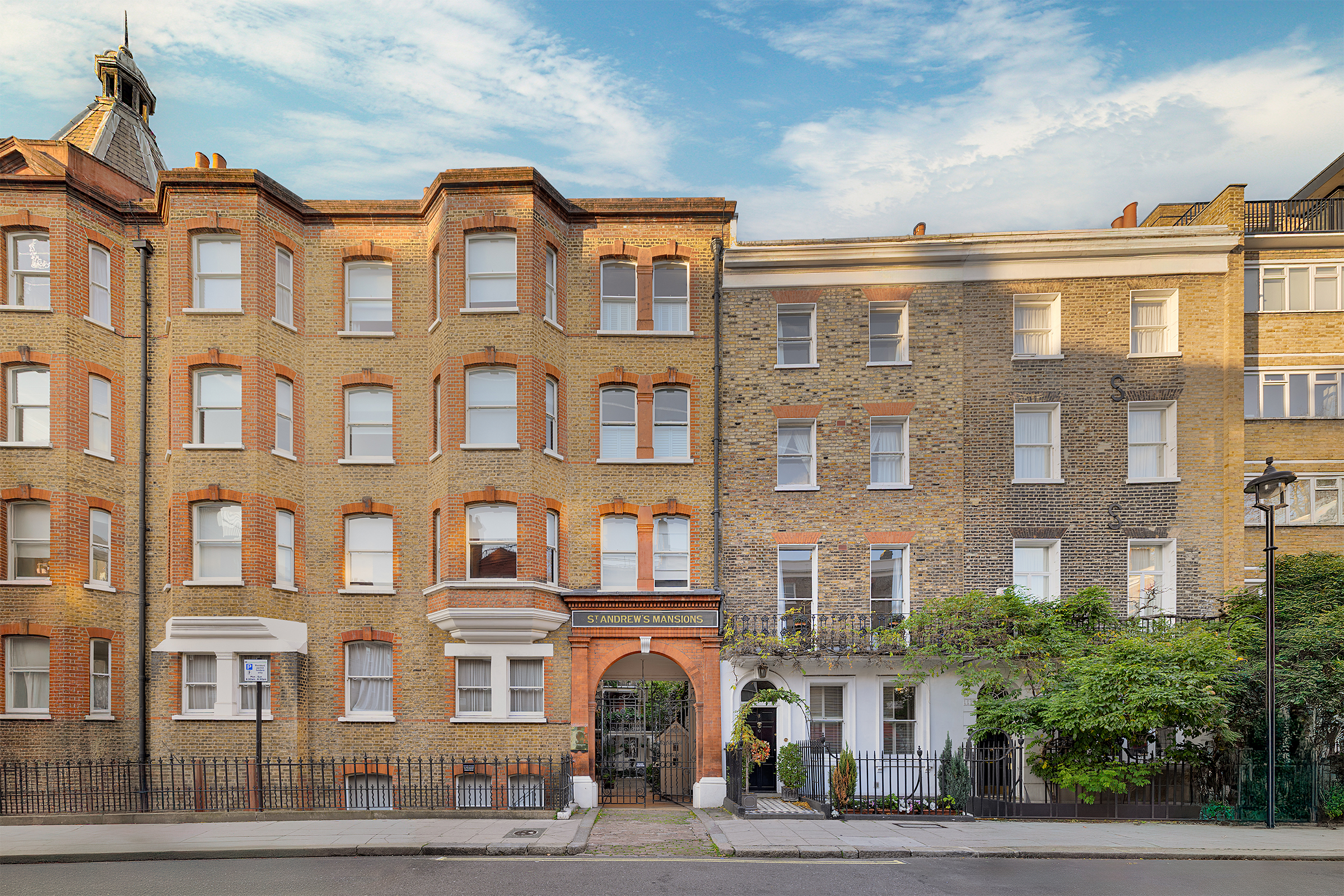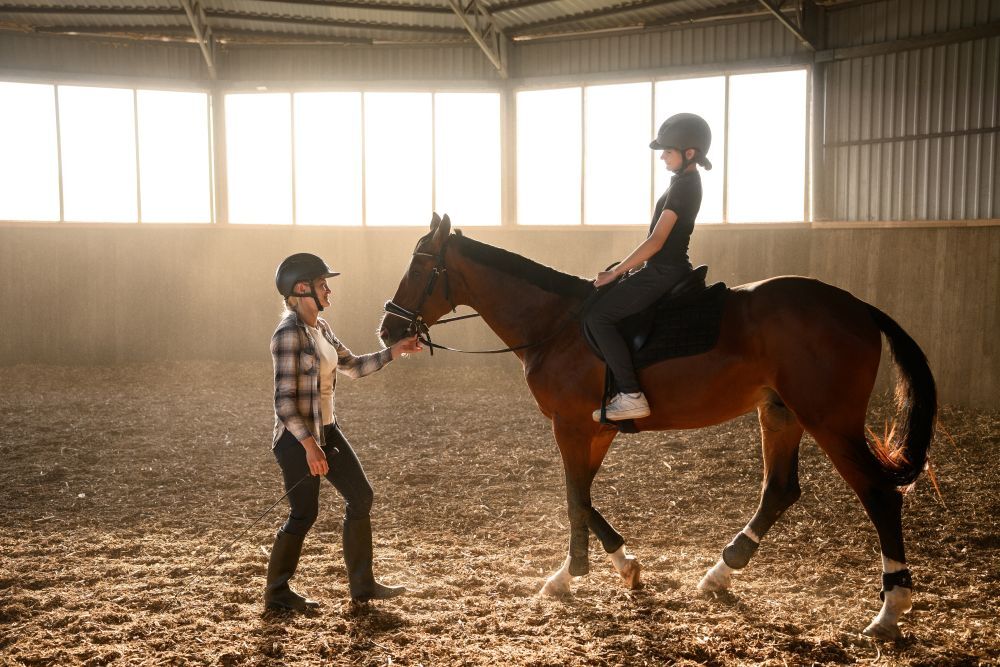Can I Buy a House for My Child to Live in Rent-Free?
Many parents aspire to buy their children a house. It’s a great way to get children onto the family property ladder and set them up for a secure future.
In the UK, there are several routes you can take to buy a house for your child to live in without paying rent. Each option is ridden with legal technicalities and tax implications, so it is wise to have a seasoned solicitor on board.

If you’re looking to buy a house for your child to live in rent-free, read on to learn more.
Retaining Ownership of the House your Child Lives in Rent-Free
You may buy a house for your child to live in with the intention of transferring ownership to them in the future. If you already own property, you will have to pay a high Stamp Duty (3% above the standard rates for owning more than one property) as well as a Capital Gains Tax when you transfer the property later.
Gifting Your Child a Home
If you transfer a house you bought to your child’s name and the estate’s worth exceeds the Inheritance Tax threshold of £325,000, your child will be liable to pay a 40% Inheritance Tax on the excess amount — this applies only if you pass away within seven years of making the transfer. If you survive for seven years after the transfer is executed, your child may be exempt from paying the Inheritance Tax.
Also Read: Average Cost of Selling a House
Gifting Your Child Funds to Buy their Home
Gifting your child money to buy their own house is a relatively simple and transparent route. Your child would most likely be a first-time home owner, so they will not be liable to pay Stamp Duty.
However, there are other tax considerations. If you provide all the funds for buying a home, it will likely exceed the annual gifting threshold (£3,000). So, while your child may be the legal owner of the house, it would still be considered a part of your estate due to your substantial gift exceeding the limit.
This excess gift will be classified as a “Potentially Exempt Transfer” and will be subject to an Inheritance Tax for seven consecutive years after you make the gift. As such, if you pass away within seven years after gifting the funds, your child will need to pay Inheritance Tax.
Also Read: What Do Solicitors Do When Selling a House
Purchasing Property in a Trust
There are various trust options for purchasing and managing property. Each trust has its advantages and drawbacks and can be instrumental in avoiding certain taxes. It also assures a hassle-free inheritance process, given that all caveats and conditions are laid out while registering the trust.
There are provisions for combining more than one type of trust and crafting an arrangement that best fits your needs.
There are four kinds of trusts:
Bare Trust
Assets are held solely in the beneficiary’s name. So, your child will automatically gain ownership of the house in a bare trust once they’re 18 years old.
Given that your child would be the sole owner of the trust assets, they will be taxed for capital gains and rental income.
Interest in Possession Trust (IIP)
The trustee enables the beneficiary to benefit from the income or privileges of the concerned assets without transferring ownership. So, your child may live on the property rent-free, enjoy any income it may generate, and even pass it on to their progeny. However, in spite of their “interest in possession,” they do not fully own the property.
Depending on how the asset (in this case, property) is treated, your child may be able to mitigate Inheritance Tax and Capital Gains Tax.
Discretionary Trust
Trustees manage various assets and decide what payments are made, which beneficiary to make them out to, and how often they should be made. Trustees may also enforce some conditions the beneficiary needs to meet. In this arrangement, you have full discretion over when and how your child may benefit from the trust’s assets (in this case, a house in which they can live rent-free).
Accumulation Trust
Income may be generated and accumulated within the trust over a period of time, and trustees can take decisions on the payouts that need to be made. So, you can amass a considerable share of funds, which can go towards buying a house for your child.
Also Read: House Selling Process Timeline UK
Final Thoughts
Purchasing a house is a significant decision financially and emotionally. It strengthens family ties and seals the promise of a secure future. There are few better ways to enrich your child’s life than providing them a home – fortunately, from trust funds to gifts, there are several avenues for giving your child a house to live rent-free.
St Andrews Mansions, Marylebone
- 2
- 2
- 936 SQ.FT.
Cadogan Square, Knightsbridge
- 3
- 3
- 1,891 SQ.FT.
Mandarin Oriental Residences, Mayfair
- 2
- 1
- 637 SQ.FT.
Craven Hill Gardens, Bayswater
- 3
- 4
- 2,863 SQ.FT.
Bryanston Court, Marylebone
- 3
- 7
- 3,957 SQ.FT.
Hereford House, Mayfair
- 5
- 5
- 2,928 SQ.FT.
Blenheim House, Southwark
- 2
- 2
- 1,012 SQ.FT.
Albion Gate, Hyde Park
- 4
- 4
- 4,186 SQ.FT.
Knightsbridge Gate, Knightsbridge
- 4
- 4
- 3,698 SQ.FT.
One Bishopsgate Plaza, Houndsditch
- 3
- 3
- 1,421 SQ.FT.













